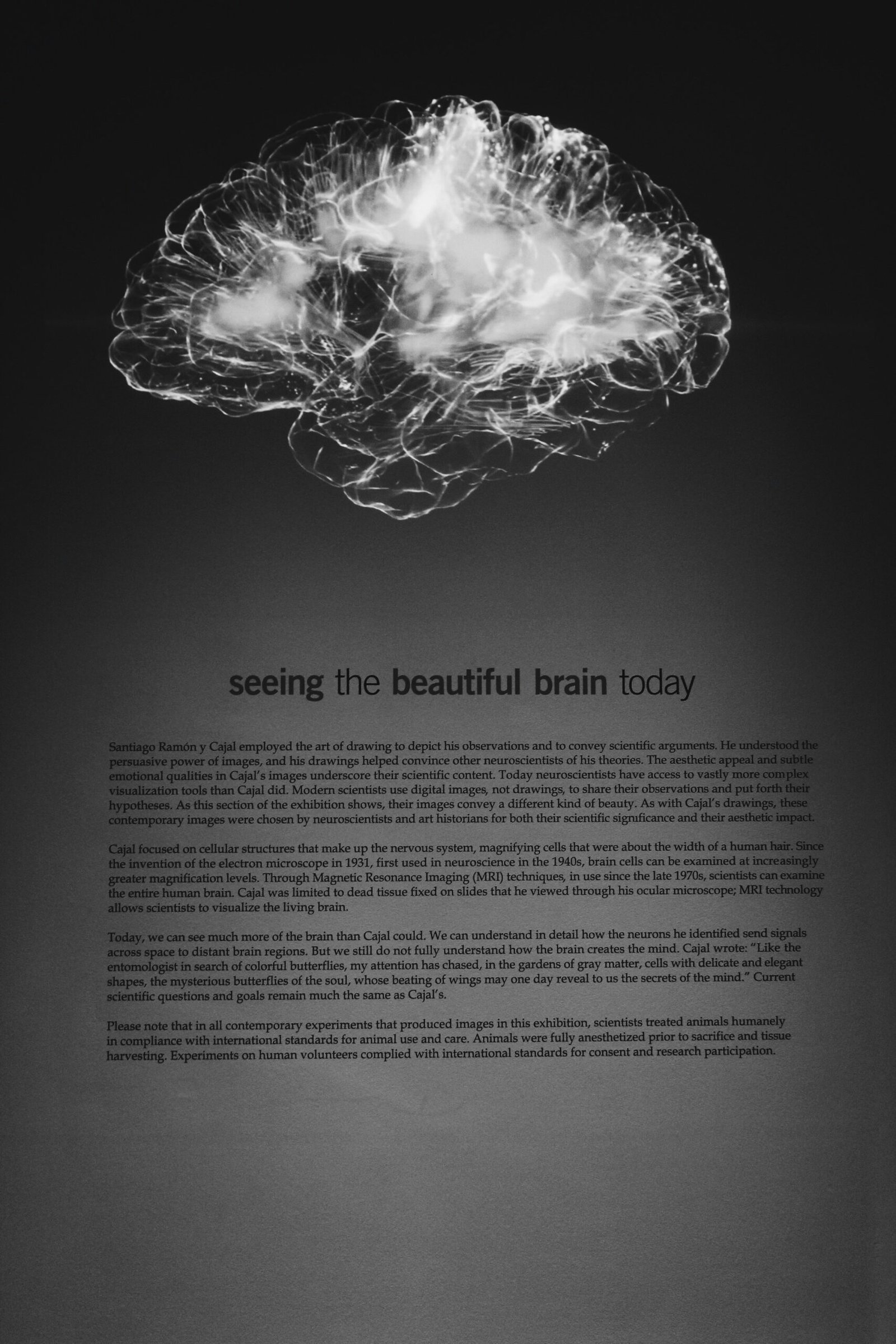The human brain, with its intricate network of neurons and synapses, has long been a subject of fascination for scientists and researchers. Over the years, advancements in neuroscience have allowed us to gain valuable insights into the inner workings of this complex organ. In this blog post, we will explore some of the latest discoveries and unravel the mysteries of the brain.
Understanding the Brain’s Structure
One of the fundamental aspects of neuroscience is understanding the structure of the brain. The brain can be divided into different regions, each responsible for specific functions. The cerebral cortex, for example, is involved in higher cognitive processes such as thinking, memory, and language. The cerebellum, on the other hand, plays a crucial role in motor coordination and balance.
Recent studies have also shed light on the brain’s plasticity, which refers to its ability to change and adapt. It was once believed that the brain’s structure was fixed from birth, but research has shown that the brain can reorganize itself in response to learning, injury, or environmental changes. This discovery has opened up new possibilities for neurorehabilitation and the treatment of neurological disorders.
The Power of Neural Networks
Neural networks are at the heart of brain function. These networks consist of interconnected neurons that communicate with each other through electrical and chemical signals. By studying neural networks, scientists have gained insights into how information is processed and transmitted in the brain.
One fascinating aspect of neural networks is their ability to learn and adapt. This phenomenon, known as synaptic plasticity, allows the brain to form new connections and strengthen existing ones. It is through this process that we acquire new skills, form memories, and navigate the world around us.
Unraveling the Secrets of Consciousness
Consciousness, often referred to as the “hard problem” in neuroscience, is another area of ongoing research. While we still have much to learn, recent studies have provided valuable insights into the nature of consciousness.
One theory suggests that consciousness arises from the integration of information across different brain regions. This theory, known as the global workspace model, proposes that consciousness emerges when information is shared and processed by multiple neural networks. By studying brain activity using advanced imaging techniques, researchers have been able to identify specific patterns of neural activity associated with conscious awareness.
Implications for Mental Health
The field of neuroscience has significant implications for mental health. By understanding the underlying mechanisms of conditions such as depression, anxiety, and addiction, researchers can develop more effective treatments.
For example, studies have shown that chronic stress can lead to structural and functional changes in the brain. This knowledge has prompted researchers to explore interventions that can reverse these changes and alleviate symptoms of stress-related disorders.
Future Directions in Neuroscience
As our understanding of the brain continues to deepen, new avenues of research are emerging. One promising area is the field of neurotechnology, which involves the development of devices that can interface with the brain.
Neurotechnology has the potential to revolutionize healthcare by providing targeted treatments for neurological conditions. For example, brain-computer interfaces could help individuals with paralysis regain mobility, while deep brain stimulation has shown promise in treating Parkinson’s disease.
Furthermore, advancements in artificial intelligence and machine learning are enabling researchers to analyze large sets of brain data and uncover patterns that were previously inaccessible. This interdisciplinary approach is expected to accelerate our understanding of the brain and pave the way for new breakthroughs in neuroscience.
Conclusion
Neuroscience continues to unravel the mysteries of the brain, offering valuable insights into its structure, function, and potential for adaptation. As our understanding grows, so too does the potential for developing new treatments for neurological disorders and improving mental health. With ongoing research and technological advancements, we are on the brink of unlocking even more secrets of the brain, paving the way for a future where we can harness its full potential.


